Apple fixes DNS security flaw
Apple protects itself from a highly publicised DNS vulnerability which has the potential to severely hit browsers and operating systems.

Sign up today and you will receive a free copy of our Future Focus 2025 report - the leading guidance on AI, cybersecurity and other IT challenges as per 700+ senior executives
You are now subscribed
Your newsletter sign-up was successful
Apple has finally released a fix for a well-publicised DNS bug that will protect both its Tiger and Leopard operating systems against allowing phishing attacks.
The DNS bug was first spotted by security researcher Dan Kaminsky over six months ago, but no news was published until July in order to allow companies to develop a fix. In an unprecedented development effort, engineers from Microsoft, Sun and Cisco jointly worked on a patch.
"This hasn't been done before and it is a massive undertaking," explained Kaminsky last month. However, Apple failed to patch the problem until now.
The flaw could allow attackers to redirect browsers to third party sites containing malicious code, even if they correctly entered the URL for a legitimate website.
News of the security vulnerability eventually emerged on July 8 from Kaminsky himself at a security conference, with a practical exploit becoming available online on July 23. This left Apple users vulnerable while a patch was developed.
However, despite fixes being available for other operating systems, many users are yet to protect themselves from potential phishing attacks by installing them.
Kaminsky warned last week that just over half of machines remain unprotected, which is "not good enough".
Sign up today and you will receive a free copy of our Future Focus 2025 report - the leading guidance on AI, cybersecurity and other IT challenges as per 700+ senior executives
An Apple spokesperson this morning explained that the company was unlikely to comment on strategic planning matters, such as the release of security updates.
Tom Cross, senior X-Force researcher for IBM security systems, also today released advice in a blog posting about how organisations could deal with any possible vulnerabilities.
-
 ITPro Best of Show NAB 2026 awards now open for entries
ITPro Best of Show NAB 2026 awards now open for entriesThe awards are a fantastic opportunity for companies to stand out at one of the industry's most attended shows
-
 Mistral CEO Arthur Mensch thinks 50% of SaaS solutions could be supplanted by AI
Mistral CEO Arthur Mensch thinks 50% of SaaS solutions could be supplanted by AINews Mensch’s comments come amidst rising concerns about the impact of AI on traditional software
-
 Want a return on your AI investment? Open source could be the key to success
Want a return on your AI investment? Open source could be the key to successNews Organizations using open source AI tools are more likely to report a return on investment
-
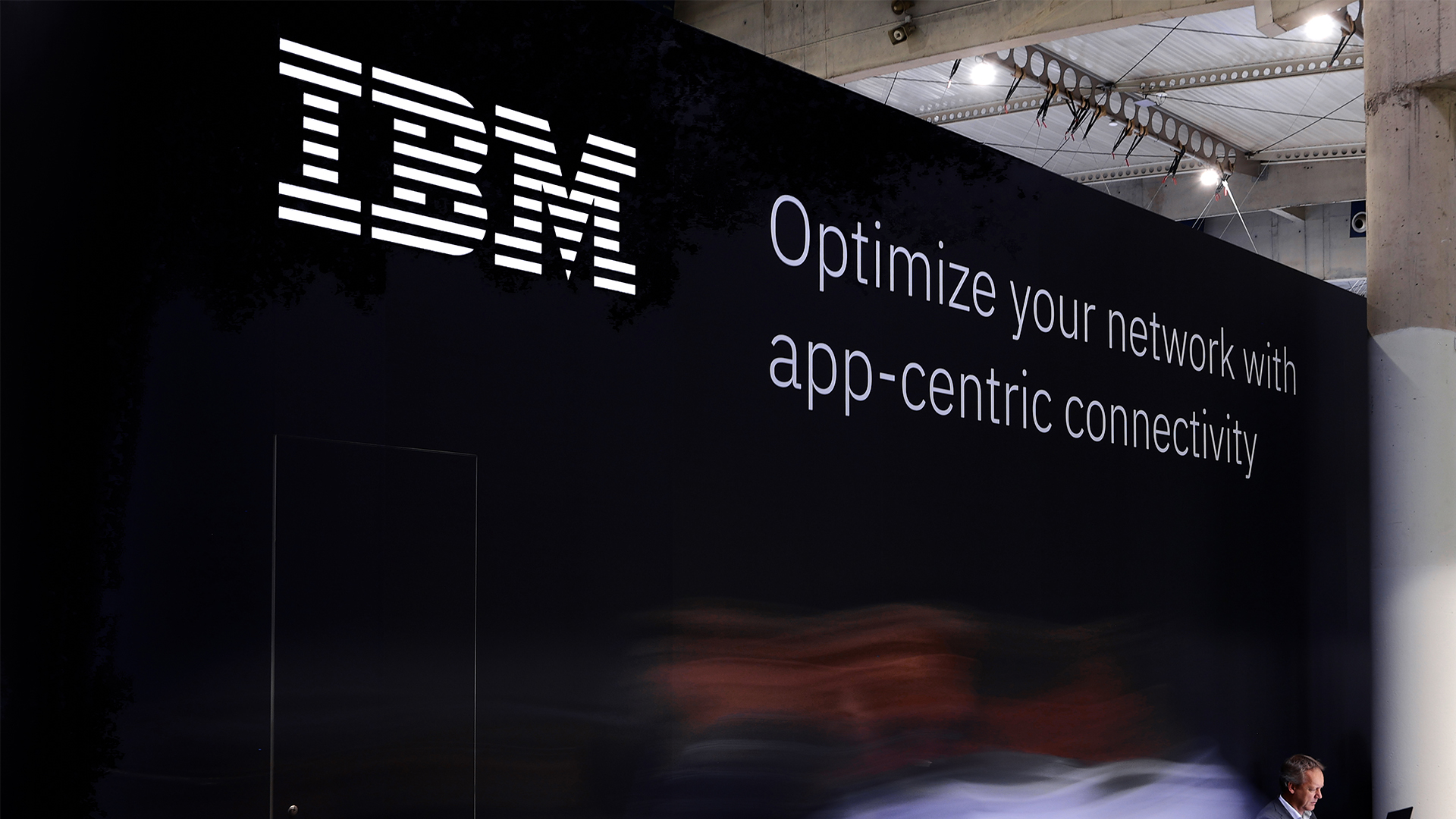 IBM just open sourced these generative AI coding models
IBM just open sourced these generative AI coding modelsNews IBM has open sourced models trained on code written in 116 programming languages - and it could make life a lot easier for enterprise developers
-
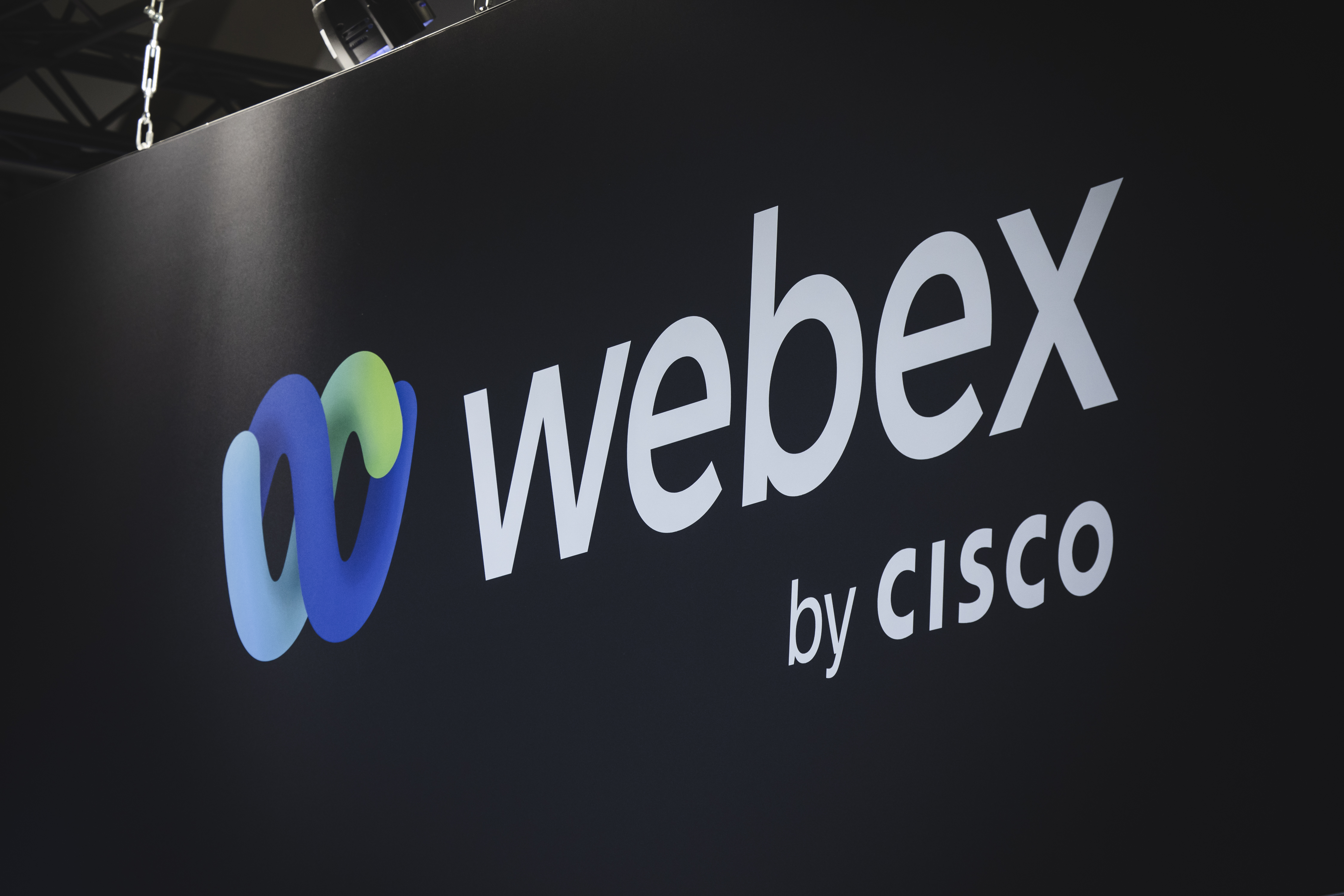 Cisco is ramping up AI features in Webex, but in a market dominated by Google, Zoom, and Microsoft, it may struggle to boost user uptake
Cisco is ramping up AI features in Webex, but in a market dominated by Google, Zoom, and Microsoft, it may struggle to boost user uptakeAnalysis Cisco is confident that new AI features for Webex will have users flocking to the platform, but it still faces stiff competition in the productivity space from major industry players
-
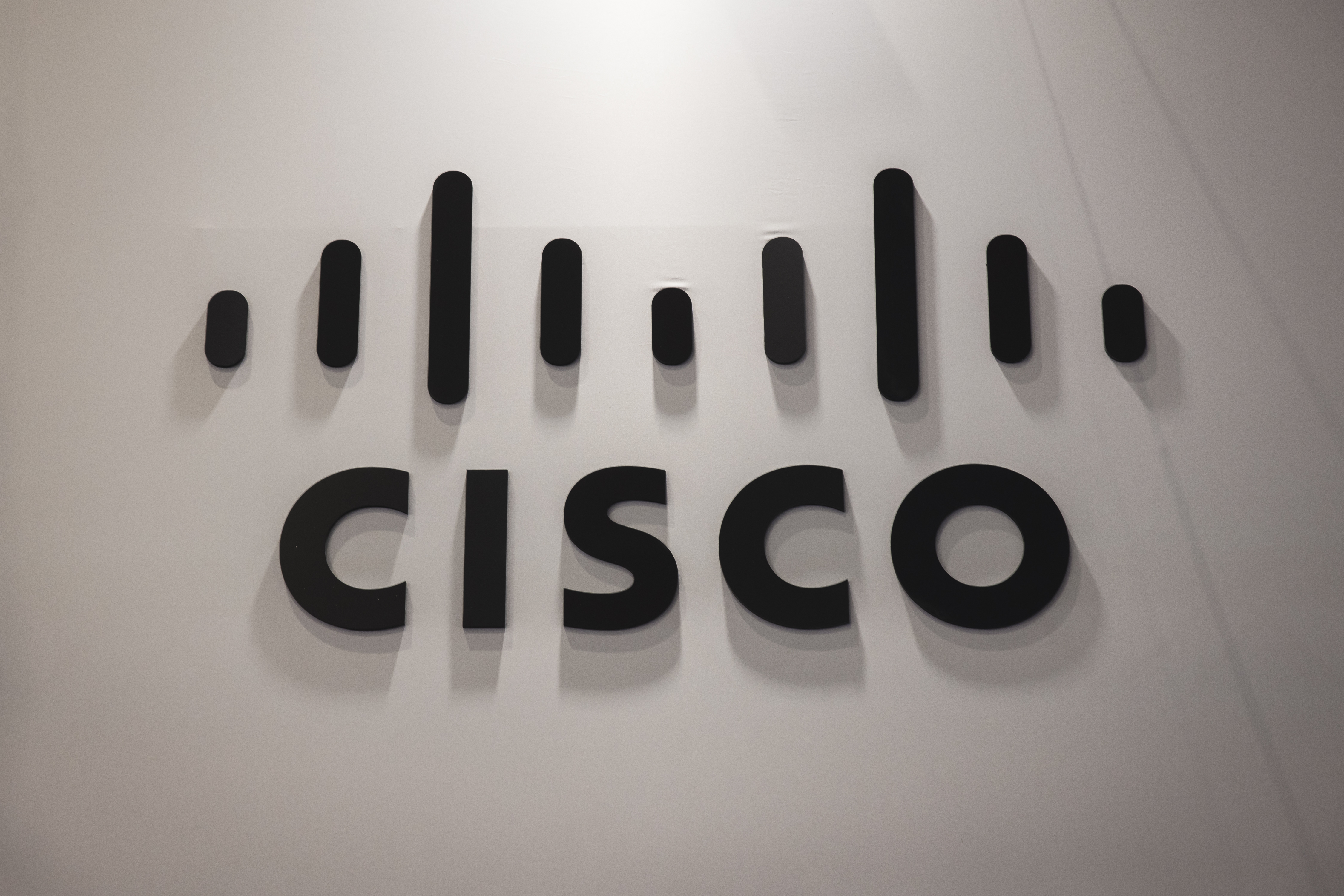 Cisco just launched Motific, its first SaaS product aimed at supporting generative AI deployments
Cisco just launched Motific, its first SaaS product aimed at supporting generative AI deploymentsNews Cisco said Motific will help customers deploy generative AI tools faster, and more effectively
-
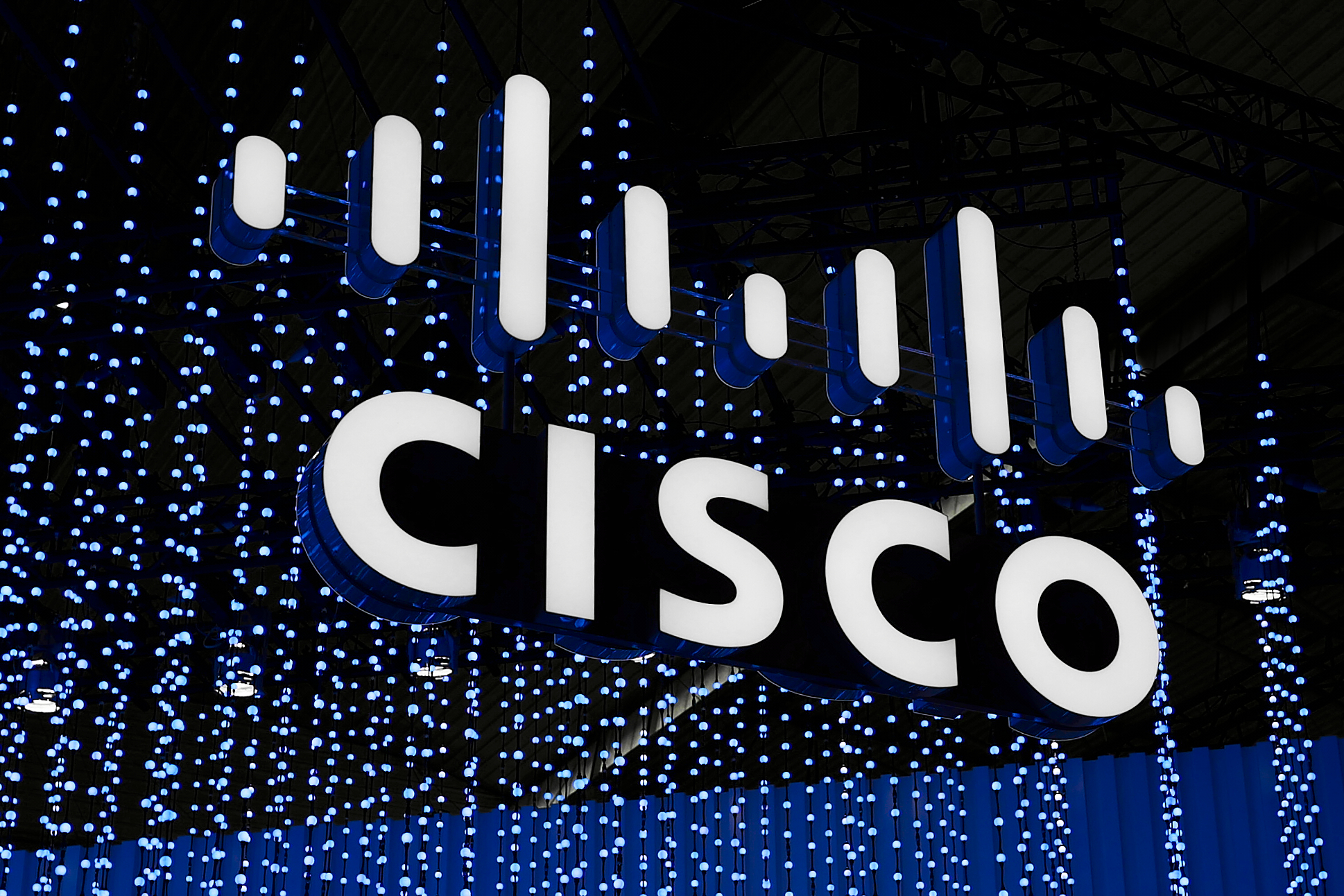 Cisco signals open source intentions with Isovalent acquisition
Cisco signals open source intentions with Isovalent acquisitionNews Cisco says it will leverage the open source capabilities of Cilium to create a “truly unique” multi-cloud and security platform
-
 Application performance management for microservice applications on Kubernetes
Application performance management for microservice applications on Kuberneteswhitepaper How to improve business-critical app performance in a Kubernetes environment
-
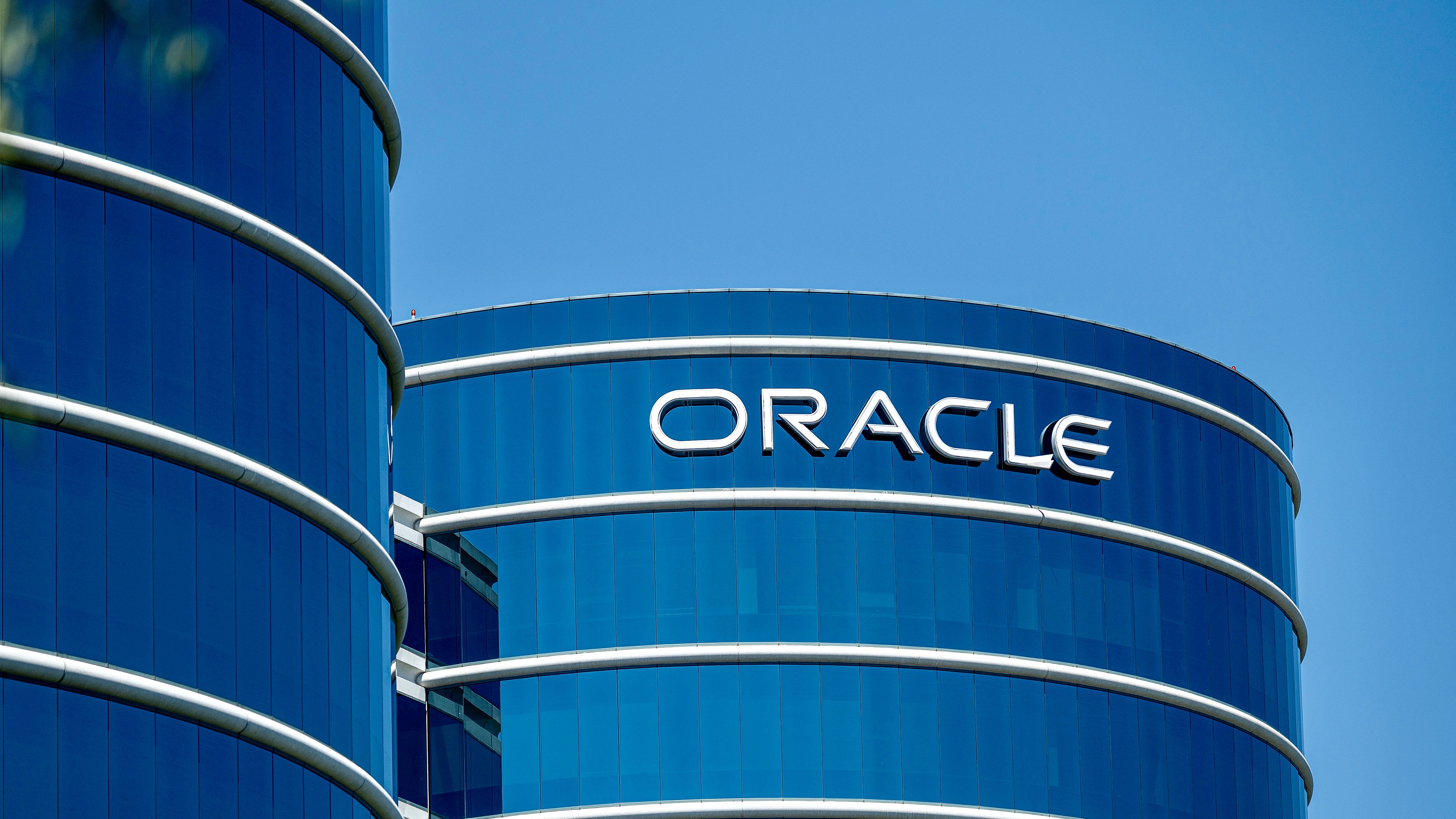 Can Oracle really be Linux's knight in shining armor?
Can Oracle really be Linux's knight in shining armor?Opinion The self-proclaimed champion of open source freedom would like you to forget about its history
-
 Achieving software health in the microservices age
Achieving software health in the microservices ageWhitepaper Tips and tricks for the new and emerging remediation methods